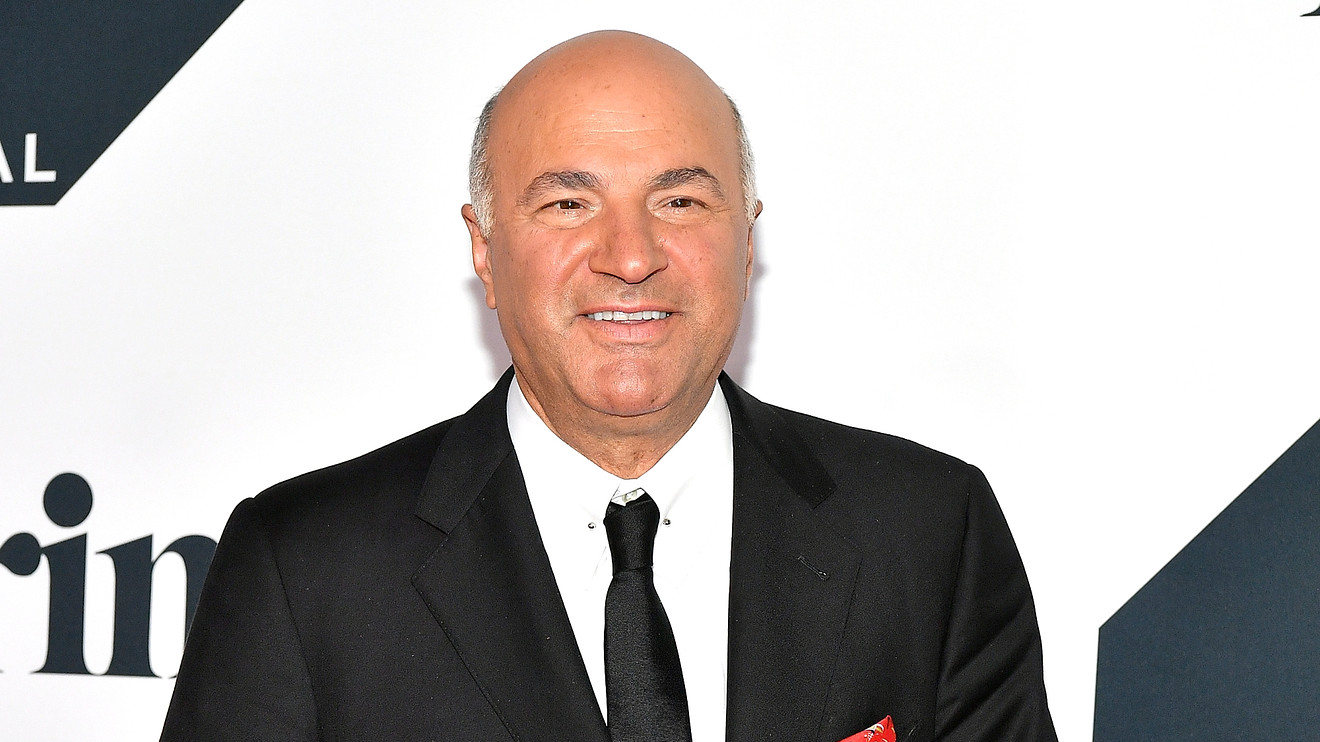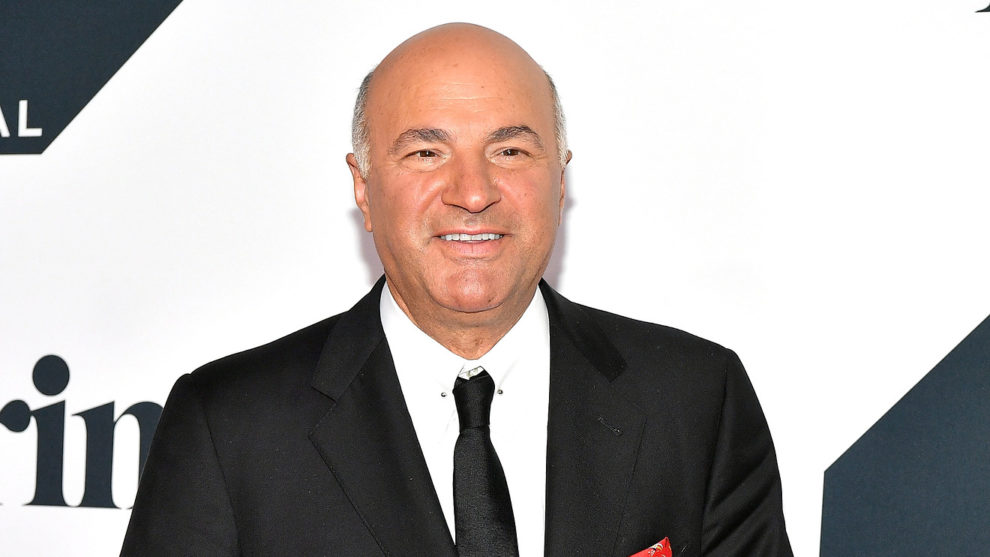
Working with Mr. Wonderful sounds pretty terrible — if you’re someone who values setting boundaries between your professional and personal life, anyway.
“Shark Tank” personality Kevin O’Leary told the CNBC site Make It that he works while on vacation, and he expects all of his employees to do the same. “I work every day. Every day is a vacation for me. I just happen to work all day long, because I like to work,” he said. “I don’t have a division anymore between vacation time and work. It’s always both.”
And he demands the same commitment from his workers.
‘Do I expect my employees to respond to me when they’re on vacation? 100%.’
“Do I expect my employees to respond to me when they’re on vacation? 100%,” he asked-and-answered. “My employees are all over the country and sometimes all over the world. They’re working 24/7, or they’re not, but they’re getting the job done, and that’s the way the economy is going to roll. You don’t have to 9-to-5 anything anymore. You have to get the job done.”
Of course, the O’Leary Funds and SoftKey founder built a broadcast studio in his 9,800-square-foot main cottage on Lake Joseph in Muskoka, Ontario, so he can accommodate his frequent TV appearances while spending more than half the week at the lake in July and August. “I can do the hit, walk out and get on my boat,” O’Leary told the Wall Street Journal in 2016.
Most workers don’t have the luxury to work from their lake house, however. In fact, 25% of America’s private-sector workers don’t get any paid time off at all.
But O’Leary is not alone in his employee expectations. As technology has blurred the lines between work and home, plenty of workers feel pressured to either not take their vacation days, or to use that time “off” to get ahead at work.
And high-profile billionaires and CEOs are also signaling that being available 24/7 is key to getting ahead.
Alibaba BABA, +1.28% co-founder Jack Ma stirred controversy in April by calling China’s extreme overtime culture — where workers pull 72-hour, six-day weeks — a “huge blessing” and a gift “beyond monetary gains.” Tesla TSLA, +1.76% CEO Elon Musk has said working anything less than 120-hour weeks is “not an option” if he wants his company to succeed. So it’s not surprising that almost two-thirds of workers in a recent LinkedIn survey admitted to checking in with the office while they are away, and 82% of Gen Z members in particular wrote emails or took calls while on vacation.
Related: Alibaba’s Jack Ma calls the ‘996’ — China’s 72-hour workweek — a ‘huge blessing’
But while O’Leary does get points for giving his workers plenty of flexibility — saying that he doesn’t care when they come to the office, or if they come in at all, so long as they get their work done — a growing body of research shows that expecting them to be on call even when they’re supposed to be off is counterproductive.
Taking time to fully unplug from work is key to recharging, reducing stress and avoiding burnout, which improves workplace performance. A 2017 internal study by auditor Ernst & Young found that for every 10 hours of vacation time its employees enjoyed, there was an 8% boost in their annual performance rankings.
Taking time off could even give you more time. A 2018 study found that men who took three weeks or less of vacation each year had a 37% greater chance of dying compared with those who took more than three weeks off.
Related: This may be the secret to a longer life (and you’re not doing it enough)
Arianna Huffington made headlines in 2017 for creating a tool that deletes all incoming email messages while an employee is away, with senders being told to re-send the note at a later time if it is indeed urgent. “Being better at our jobs means being better at vacation,” she wrote in the Harvard Business Review at the time.








